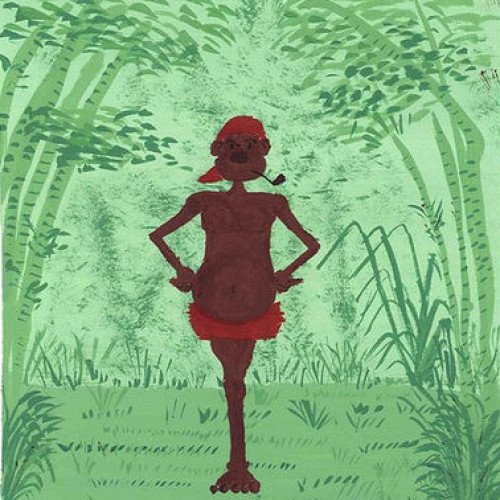Yeti VS Saci (Brazilian folklore)

Yeti
In Himalayan folklore, the Yeti (/ˈjɛti/) is a monstrous creature. The entity would later come to be referred to as the Abominable Snowman in western popular culture. The names Yeti and Meh-Teh are commonly used by the people indigenous to the region, and are part of their folk beliefs. Stories of the Yeti first emerged as a facet of Western popular culture in the 19th century. The scientific community has generally regarded the Yeti as the result of a complex of intricate folk beliefs rather than a large, ape-like creature.
Statistics for this Xoptio

Saci (Brazilian folklore)
Saci (pronounced [saˈsi] or [sɐˈsi]) is a character in Brazilian folklore. He is a one-legged black or mulatto youngster, who smokes a pipe and wears a magical red cap that enables him to disappear and reappear wherever he wishes (usually in the middle of a dust devil). Considered an annoying prankster in most parts of Brazil, and a potentially dangerous and malicious creature in others, he nevertheless grants wishes to anyone who manages to trap him or steal his magic cap. However, his cap is often depicted as having a bad smell. Most people who claimed to have stolen this cap say they can never wash the smell away. The legend says that a person can trap a Saci inside a bottle when he is in the form of a dust devil. There are several variants of the myth, including: Saci-pererê (pronounced [sɐˈsi pe̞ɾeˈɾe]), black as coal; Saci-trique (pronounced [sɐˈsi ˈtɾikɪ]), mulatto and more benign; Saci-saçurá (pronounced [sɐˈsi sɐsuˈɾa]), with red eyes. Saci-pererê is also the name of a Brazilian cocktail consisting of 60 millilitres (2.1 imp fl oz; 2.0 US fl oz) of cachaça and 45 millilitres (1.6 imp fl oz; 1.5 US fl oz) of honey, which is a home remedy said to be useful in treating the common cold.